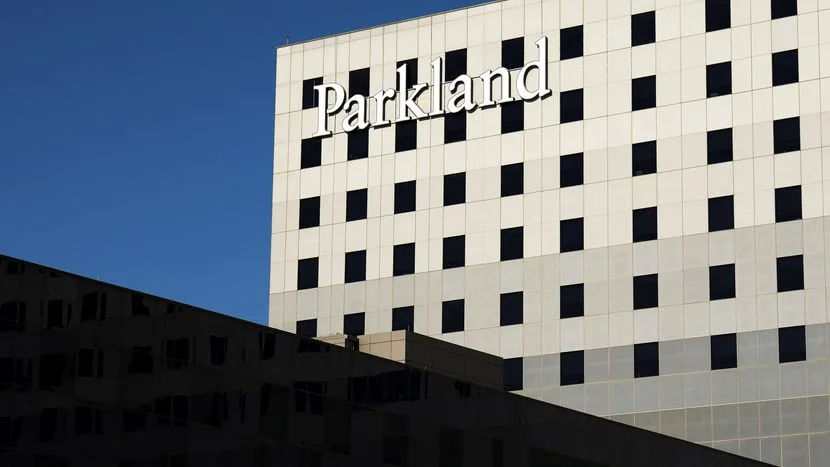
Parkland Health is providing more early screenings for Black breast cancer patients in an effort to help them navigate their options and make their treatment more affordable.
According to a 2022 health needs assessment for Dallas County conducted by Parkland, Black women are at a greater risk for developing breast cancer and are 40% more likely to die from it than white patients.
This finding prompted Parkland to more seriously examine what they could do to help bridge this gap and make treatment more accessible to Black patients. The hospital recently received grant money from the Susan G. Komen and American Society of Clinical Oncology to help streamline its screening process for cancer patients.
“It really improved our internal process, which made a significant difference in getting a hold of these women upon diagnosis, early on, to figure out what’s going to get in the way of this particular woman’s treatment,” said Jolene DeVito, spokesperson with Parkland.
Some barriers in treatment include finding transportation to and from appointments, arranging child-care support and navigating financial-assistance programs. Within the past year, Parkland has made “significant strides” in reaching out to women to help them get over some of these hurdles, DeVito said.
Several other barriers exist for Black women when it comes their breast health, explained Aeisha Taylor, manager of outreach and education at Parkland. Taylor has a personal connection to breast cancer, after her mom was diagnosed in 2021. Fortunately, doctors were able to detect the cancer in its early stages due to Taylor regularly bringing her mom in for mammograms.
“Being in an African-American family, we did not really talk about health as far as mammograms and those things,” Taylor said. “I was the catalyst in my family to start these talks.”
In her conversations with other Black women, Taylor said, many voiced fear surrounding the mammogram and financial concerns for the cost of treatment if they were diagnosed. Patients also described a level of mistrust they have in doctors and the healthcare system.
“I think a lot of times it’s being able to say, ‘hey, if this happens, we have this in place,’” Taylor said. “We’re not just going to get you to the screening and then not take care of you all the way.”
She added that many of these women say they would rather not know if they have cancer. Part of her job involves educating Black women and changing their mindset about breast health.
Additionally, patients who are uninsured and underinsured face greater obstacles when it comes to getting a screening and receiving potential treatment, said Maripat Hodges, program manager for cancer at Parkland.
“A lot of our patients, even once they’re diagnosed, they still don’t have a primary care provider, and so that’s another reason why a lot of these social determinants of health issues are so important to address,” Hodges said.
Screening for social determinants of health — which more people have been able to take advantage of due to recent funding — are additional factors that affect a patient’s health outcomes and ability to receive treatment, Hodges said.
The screening examines a person’s financial situation, level of food security, mental and behavioral health and any alcohol or tobacco use, which serves as helpful data to better understand each patient’s needs. Collecting this information also makes it easier for the hospital to connect them to resources they may need, such as discounted ride-share services.
“I think that’s something that’s really important to us is making sure that we are making it much more patient-friendly and tailored to what our community needs,” she said.
Moreover, cancer can upend an entire family’s lives from the moment someone is diagnosed with it, and screening can help identify some of the struggles they will likely face, Hodges said.
“We can make sure we’re treating the whole patient — not just the cancer,” she said.
These resources aren’t limited to patients just at Parkland, Taylor said. The hospital has made a concerted effort to reach communities in Dallas where cancer morbidity and mortality rates are high among Black women.
“We do see this as a way to make care more equitable across the board,” she said.


